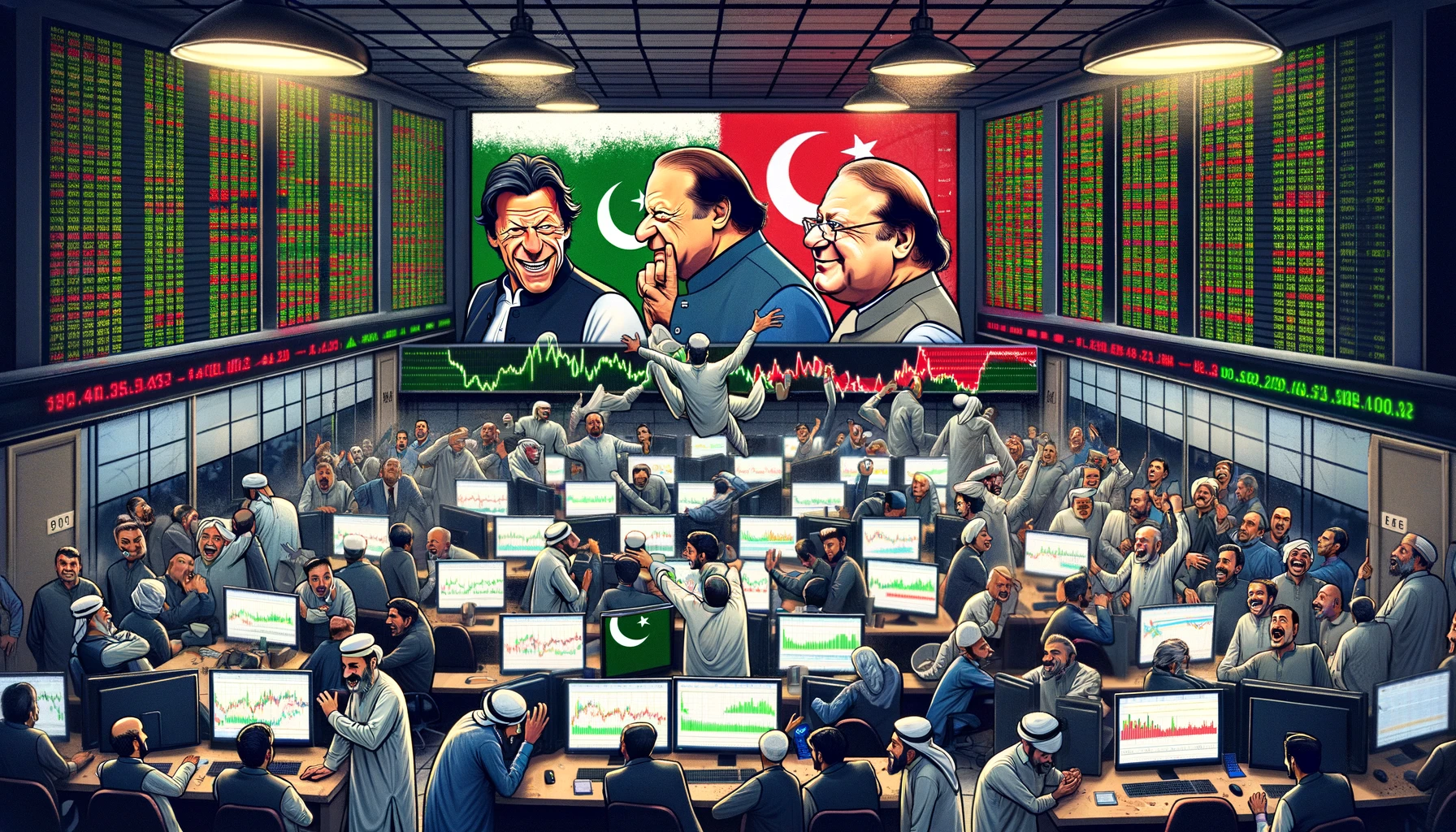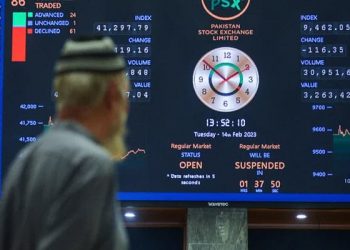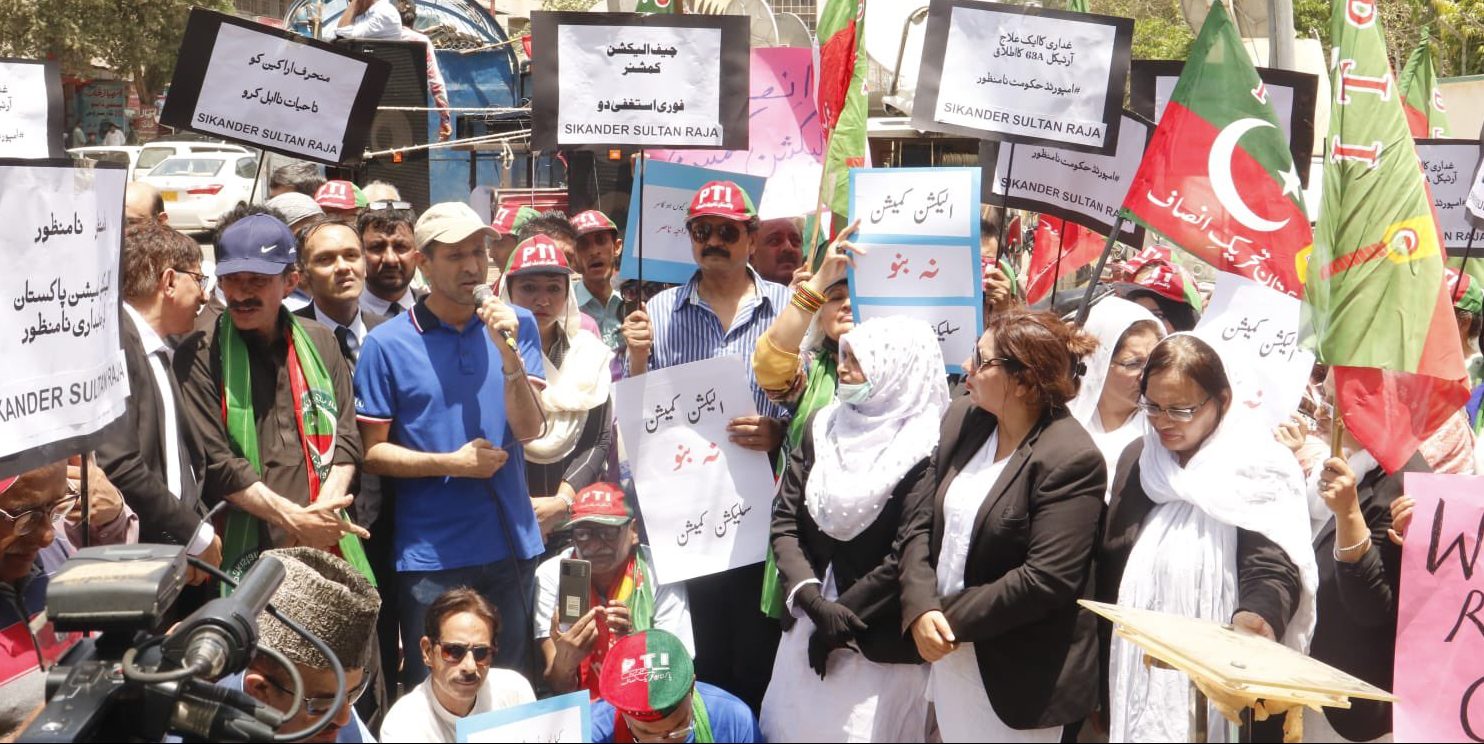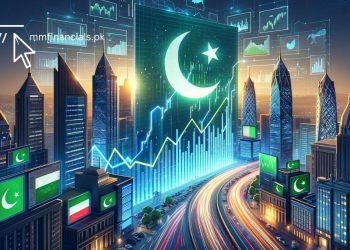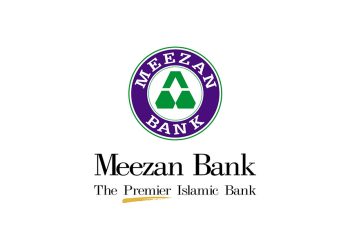IMRAN KHAN: A POPULAR CHOICE FOR PAKISTAN’S ECONOMIC REVIVAL
In a revealing Bloomberg survey, Pakistan’s financial experts have shown a strong preference for jailed Imran Khan who was recently sentenced to a decade in prison to lead the country’s economic recovery. Despite being excluded from the February 08 election, Khan emerged as a favorite among 12 prominent traders, economists, and analysts. His popularity, rooted in his cricket legacy, is seen as a key driver for implementing market-friendly reforms for a long-term impact.
NAWAZ SHARIF’S EXPERIENCED STANCE
Following Khan, Nawaz Sharif, a three-time prime minister, ranked second in the survey. Experts pointed to his vast governmental experience and the widespread perception of his alignment with the military’s interests as significant factors.
SKEPTICISM TOWARDS DYNASTIC POLITICS (PPP)
In a distant third place is Bilawal Bhutto Zardari, representing the renowned Bhutto family. The survey reflected a general wariness among finance professionals towards dynastic political figures, impacting Zardari’s positioning.
THE KHAN PHENOMENON AND ELECTION DYNAMICS
As Pakistan gears up for its federal and provincial elections, the exclusion of Imran Khan, a figure of immense popularity among the 129 million eligible voters, stands out.
Political observers are increasingly concerned about the discontent with the electoral process in Khan’s absence.
RECENT DEVELOPMENTS AND POLITICAL COMEBACKS
Khan recently faced a new legal challenge, receiving a jail sentence linked to a diplomatic cable controversy. Meanwhile, Nawaz Sharif, returning from a four-year self-exile, has been regaining support, particularly in Punjab, Pakistan’s most populous province.
This comeback is widely perceived as a strategic move orchestrated with military backing.
ECONOMIC PERFORMANCE AND FUTURE PROJECTIONS
An analysis of Pakistan’s misery index, blending inflation and unemployment figures, suggests that Sharif’s party has historically managed the economy more effectively than its rivals, including Khan.
The upcoming elections are pivotal in addressing the ongoing political instability which has significantly influenced foreign policy and economic conditions.
THE ECONOMIC LANDSCAPE AND IMF’S ROLE
Pakistan’s economy, battling low reserves and high inflation, is at a critical juncture. The consensus among the surveyed experts is that Pakistan will require further assistance from the International Monetary Fund (IMF) to remain solvent.
While opinions vary on the duration Pakistan can survive without a bailout, the general sentiment reflects a fragile economy.
SURVEY FINDINGS: GROWTH AND INFLATION EXPECTATIONS
- Economic Growth: Respondents anticipate a 2.65% growth in the fiscal year starting July, slightly above government estimates.
- Inflation Moderation: There’s an expectation of a decrease in inflation to around 25.05% by the end of June, down from the current 30%.
In order to guide Pakistan through these difficult times, the survey emphasises the urgent need for strategic economic policies. The nation is in a precarious position as the elections approach, and the results of these important political contests will have a significant impact on the country’s economic future.




